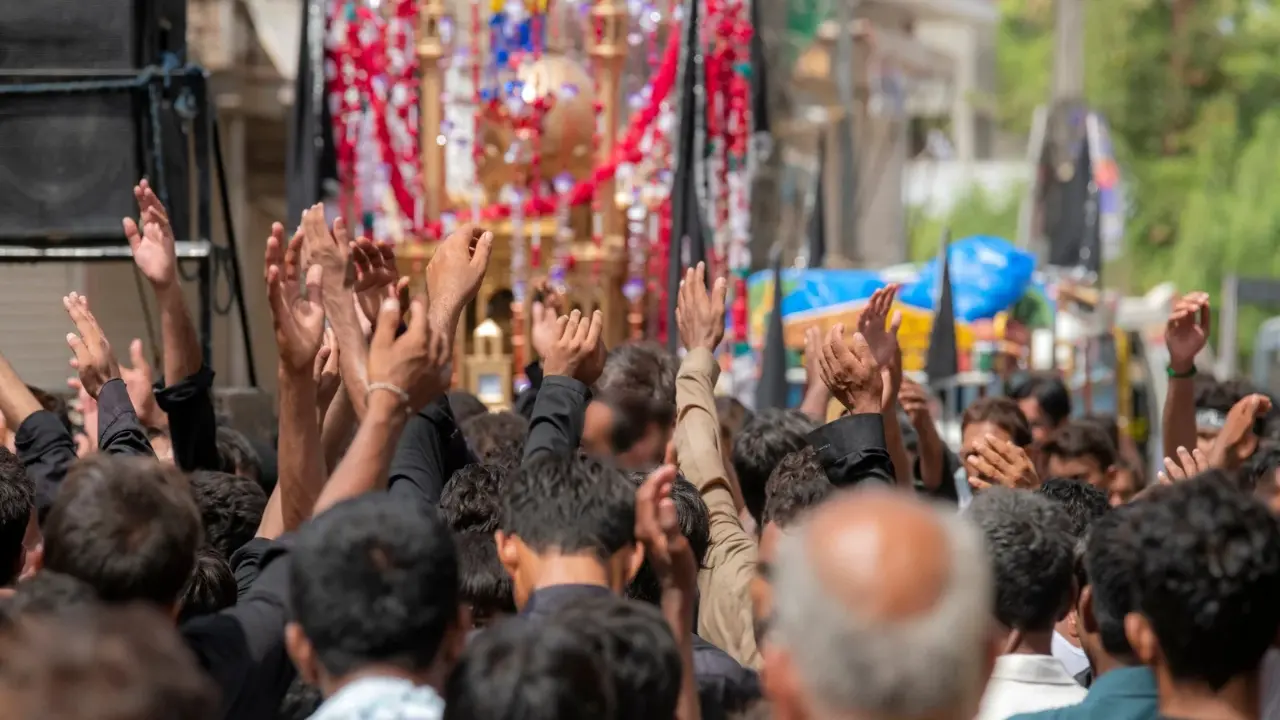Muharram: The Sacred Month of Mourning in Islam

Muharram: Significance, Traditions, and Observances
Muharram, the first month of the Islamic calendar, holds profound significance for Muslims worldwide. Known as one of the four sacred months in Islam, it is a time of reflection, mourning, and historical remembrance. This article delves into the importance of Muharram, its historical context, and how it is observed by different Muslim communities.
The month of Muharram is deeply intertwined with the tragic events of Karbala, which occurred in 680 CE. The Battle of Karbala, fought on the 10th day of Muharram, known as Ashura, marks the martyrdom of Husayn ibn Ali, the grandson of Prophet Muhammad. Husayn’s stand against the tyranny of Yazid, the then ruler of the Umayyad Caliphate, symbolizes the eternal struggle for justice and truth in Islam.
For Shia Muslims, Muharram, and especially Ashura, is a period of intense mourning. The community commemorates the martyrdom of Husayn ibn Ali through various rituals. Majlis, or gatherings, are held where scholars recount the events of Karbala and the sacrifices of Husayn and his companions. Many Shia Muslims participate in processions, known as azadari, where they express their grief through chants, poetry, and sometimes self-flagellation, symbolizing the suffering endured by Husayn.
While Sunni Muslims also regard Muharram as a sacred month, their observance is more varied. Some Sunnis fast on the 10th day of Muharram, in remembrance of the day when Moses and the Israelites were saved from Pharaoh by God. This practice is rooted in the Hadith, where Prophet Muhammad encouraged fasting on Ashura to show gratitude to God.
Muharram remains a vital period for reflecting on themes of sacrifice, justice, and resistance against oppression. In regions with significant Shia populations, the month sees a surge in community activities, including blood donation drives, charitable events, and educational seminars aimed at promoting the values epitomized by Husayn.
Across the world, Muharram is marked with various local customs and traditions. In countries like Iraq, Iran, and Lebanon, large processions and reenactments of the Battle of Karbala are common. In South Asia, particularly in India and Pakistan, Muharram is observed with processions, public recitations, and symbolic representations of Husayn’s shrine. These events often draw large crowds and are characterized by a somber, respectful atmosphere.
Muharram is a month of profound significance in the Islamic calendar, serving as a powerful reminder of the enduring values of sacrifice, justice, and faith. Through their observances, Muslims worldwide honor the legacy of Husayn ibn Ali and reflect on the moral and ethical lessons of Karbala. As such, Muharram remains a pivotal time for introspection, communal solidarity, and spiritual renewal.
Also read: Four Smugglers Arrested and 46 Smuggled Cattle Recovered by Chagolia Police




